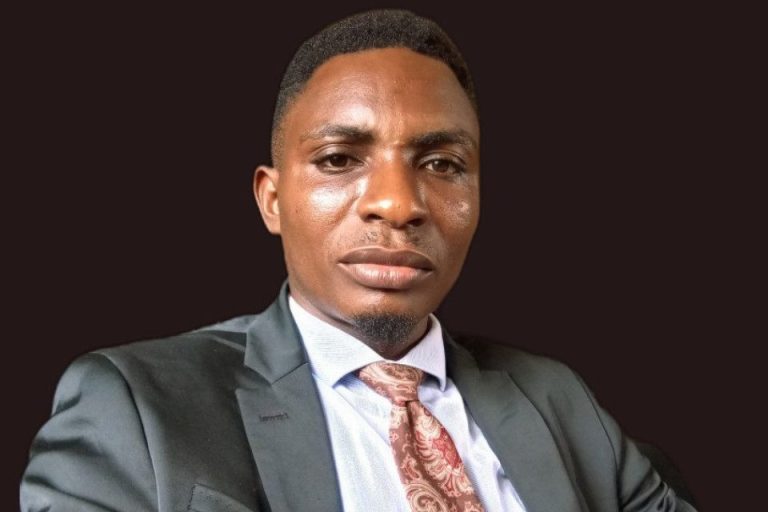
Participants at a one-day dialogue have called on stakeholders to ensure the safety of journalists and to tackle the issue of impunity for crimes against journalists in Africa.
The dialogue which was organized by the African Freedom of Expression Exchange (AFEX), in collaboration with the Association for Media Development in South Sudan (AMDISS) took place in Juba, South Sudan on December 11, 2017. The dialogue which explored the Safety of Journalists and the Issue of Impunity was part of activities organised to commemorate the 2017 International Day to End Impunity for Crimes Against Journalists (IDEI).
It brought together key stakeholders including media practitioners across the print, broadcast and online sectors; representatives of civil society organisations; representatives of various agencies within the Government of South Sudan such as the Ministry of Information, Telecommunications and Postal Services; the Ministry of Interior, and the Media Authority; international organizations and development partners in South Sudan; as well as AFEX members from some African countries.
The participants expressed deep concern about the increased challenges of the safety of journalists and the prevailing climate of impunity for crimes against journalists and media houses in South Sudan as well as other parts of Africa.
They further observed that journalists and other media professionals across the globe continue to face attacks such as torture, enforced disappearances, arbitrary arrests and detention, expulsions, physical assaults, intimidation and harassment, threats, killings, and other forms of violence, noting that the safety of journalists and eradication of impunity for crimes against journalists constitute a prerequisite for the exercise and enjoyment of the rights to freedom of expression and media freedom.
In a communique issued at the dialogue, they called on various stakeholders, including African governments, civil society organisations and journalists/media owners to take steps in ensuring the safety of journalists and other media practitioners across the continent and to address the issue of impunity for crimes against journalists.
Participants at the dialogue urged African governments, as a matter of urgency and consistent with relevant international frameworks, to put in place concrete measures to ensure the safety of journalists and combat impunity for crimes against journalists; in particular, to ensure that relevant security agencies diligently and properly investigate all reported cases of attacks against journalists, including killings, torture, other physical attacks, arbitrary arrests and detention to a logical conclusion and that perpetrators are brought to justice.
They are also to review or repeal laws that criminalise expression or journalistic activities, such as criminal defamation laws, insult laws, sedition laws, and other laws that are inimical to the exercise or enjoyment of the rights to freedom of expression and access to information etc.
They also asked civil society organisations to continue to conduct advocacy activities for the safety of journalists and justice for crimes committed against journalists; and facilitate awareness among the general public and relevant stakeholders in the different countries on the continent on the need for them to work together to promote, support and defend professional journalism at all times.
Civil society organisations were also urged to organise dialogues, workshops (long term and short term training events) or other forums to strengthen relations between relevant media stakeholders, especially representatives from law enforcement agencies, media organisations, the Judiciary and the Parliament/National Assembly in order to improve the press freedom situation in their respective countries; as well as collaborate with other relevant stakeholders to produce safety guidelines for journalists and media professionals.
Journalists/Media Owners were urged to be guided by the highest standards of professional and ethical conduct in their reportage; provide safety tools to journalists working in high-risk areas; and pursue all attacks against journalists and pursue such attacks to their logical conclusion.





